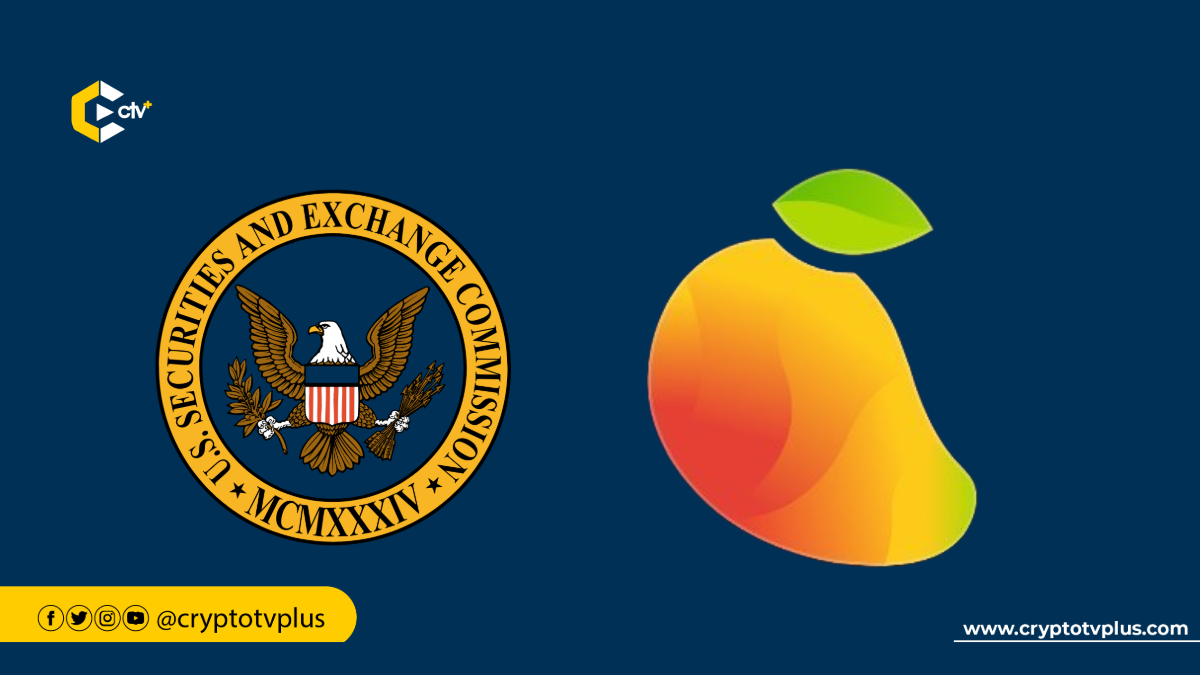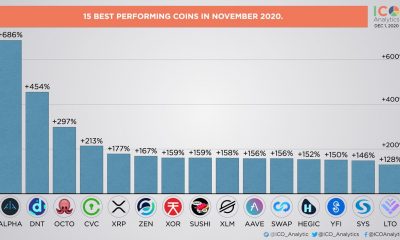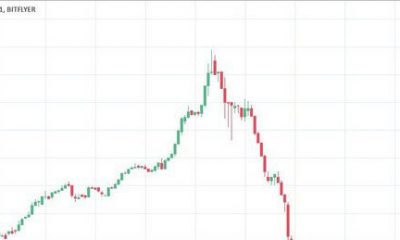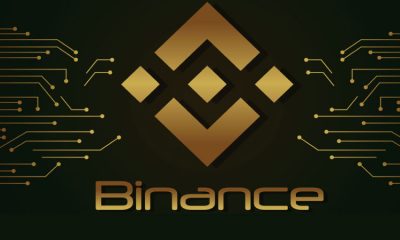News
SEC charges Mango Markets; Mango to destroy token

The U.S. Securities and Exchange Commission (SEC) has charged Mango DAO and Blockworks Foundation for selling “MNGO” tokens without proper registration. The SEC stated that these tokens were linked to the Mango Markets platform, which allows people to trade cryptocurrencies.
It also charged Blockworks Foundation and Mango Labs LLC with acting as unregistered brokers. This means they facilitated securities trading (such as stocks or other investment products) without proper approval from the SEC.
Mango DAO, Blockworks Foundation, and Mango Labs LLC are vital components of the Mango ecosystem, each serving distinct roles.
Mango DAO is a decentralized autonomous organization that governs the Mango Network. Blockworks Foundation supports and promotes the growth of the Web3 ecosystem, focusing on educational initiatives and community engagement.
Mango Labs LLC develops and maintains the infrastructure of the Mango Network, including creating smart contracts, enhancing security protocols, and ensuring seamless user experiences across various applications.
According to the SEC, since August 2021, Mango DAO and Blockworks Foundation raised over $70 million by selling MNGO tokens to investors, including those in the U.S. They also allegedly encouraged people to trade on the Mango Markets platform and handled customer funds, all without proper registration.
Jorge G. Tenreiro, a senior SEC official, stated that just because a project calls itself a decentralized organization (DAO), it doesn’t mean it can avoid following the law. The SEC believes that if a group helps with securities trading, they must be registered, no matter the technology or business structure they use.
Mango DAO, Blockworks Foundation, and Mango Labs have agreed to settle the charges without admitting or denying the SEC’s claims. As part of the settlement, they will pay nearly $700,000 in fines, destroy their MNGO tokens, and stop trying to have these tokens traded on other platforms. The settlements still need approval from the court.
























